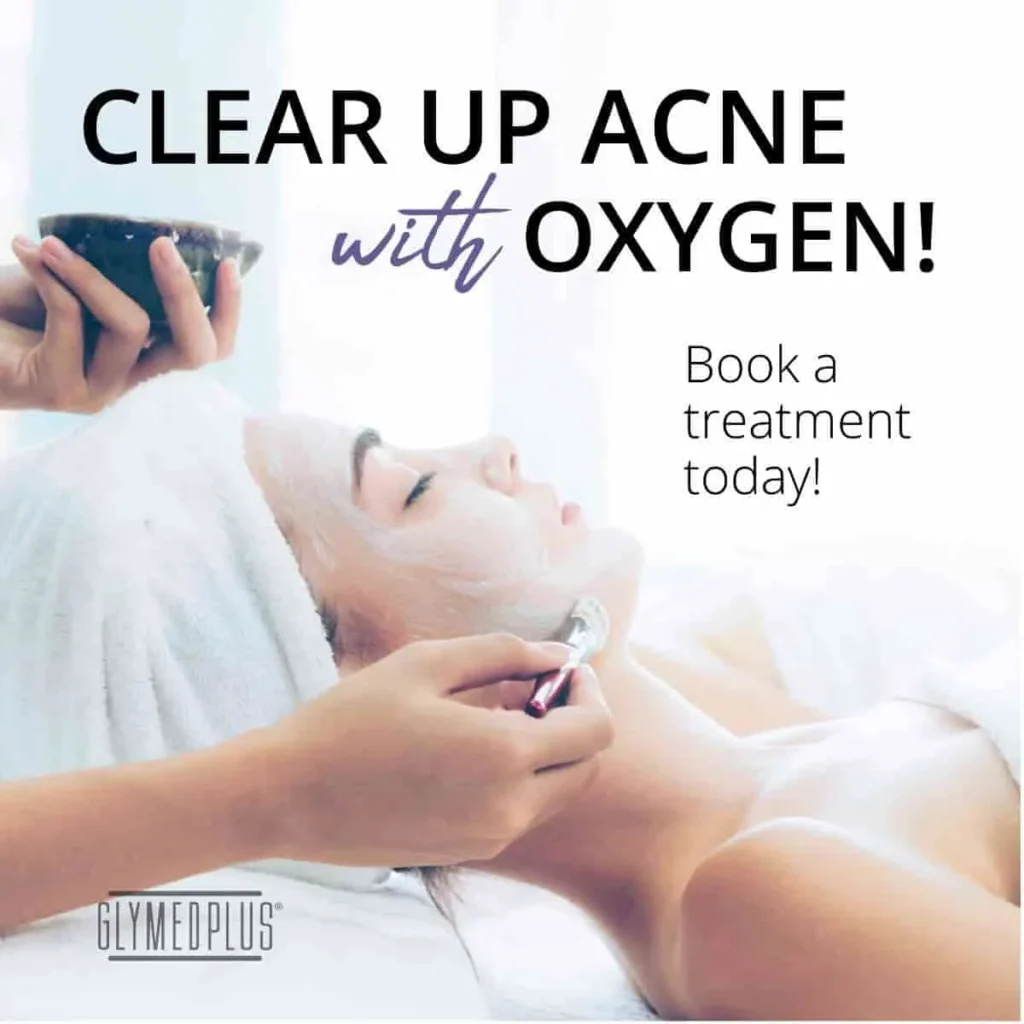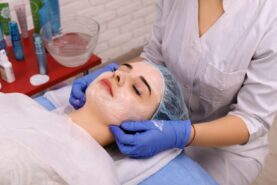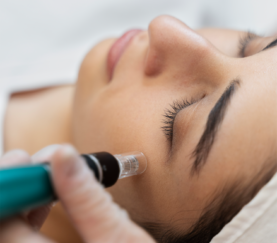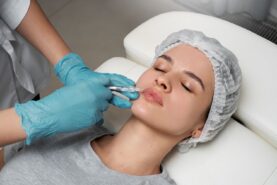If the acne is severe, antibiotics are prescribed, but it’s often doubtful. People take second advice before consuming antibiotics. It’s because several drawbacks come with antibiotics. They cause more harm
If the acne is severe, antibiotics are prescribed, but it’s often doubtful. People take second advice before consuming antibiotics. It’s because several drawbacks come with antibiotics. They cause more harm than good, making the condition worse.
What’s severe acne?
Acne that is often accompanied by deep scarring, and high levels of pain and doesn’t respond to topical treatment options is severe.
How do antibiotics work on acne?
They primarily work to reduce excess bacteria that cause acne and establish a better balance on the skin.
Taking antibiotics is effective on severe acne, but they also pose risks to those who use them. So, you should recognize the need and importance of antibiotics for your acne and think about their long-term consequences. Most importantly, you shouldn’t opt for antibiotics without trying other options.
What’s the major risk of taking antibiotics for acne treatment?
Antibiotic resistance in your body is the major risk. As antibiotics cannot distinguish between “target” bacteria and others, they mass wipe out all bacteria they encounter, including the good bacteria that help the skin to function normally.
In this process, the bacteria that are left behind are resistant to the drug. They survive the attack, reproducing and continuing to cause problems. When these acne-causing bacteria are on the skin, the antibiotics are not effective. With time, bacteria develop multiple resistance mechanisms, meaning they become resistant to one but all antibiotics.
Due to antibiotic resistance, acne becomes harder and bacteria create an infection that no antibiotic can solve. Other side effects of antibiotic consumption are nausea, vomiting, diarrhea, yeast infection, and allergic reactions that lead to anaphylaxis.
What’s the alternative to antibiotics for acne treatment?
A thoughtful skincare routine
If you have acne-prone skin, you should treat it gently and consistently using specialized products. You can use serums, anti-acne creams, and other products to address specific concerns or target certain areas of your skin.
Products with benzoyl peroxide are highly effective. The solution kills bacteria without disrupting the balance on your skin or contributing to antibiotic resistance. It also kills bacteria deep within the pores, preventing future breakouts.
The best acne treatment
If your skincare routine and other topical recommendations aren’t working on your acne, you should seek help from a dermatologist for the best acne treatment.
As you are not a derma expert, you shouldn’t try to determine the severity of the acne. Sometimes, acne is worse inside than seen outside. This can only be identified by the dermatologist.
Based on how severe the acne is, the dermatologist will recommend the best acne treatment. The doctor will consider your overall health as well for the treatment. Some treatments show quick results while others take time. So, you should discuss everything before sitting on the treatment chair.
If your dermatologist prescribes antibiotics, you can take them but only for the prescribed time. You shouldn’t make any changes in your antibiotic dosage as it can be harmful.
Truly speaking, antibiotics are not safe for acne treatment. So, you should try alternative options.




